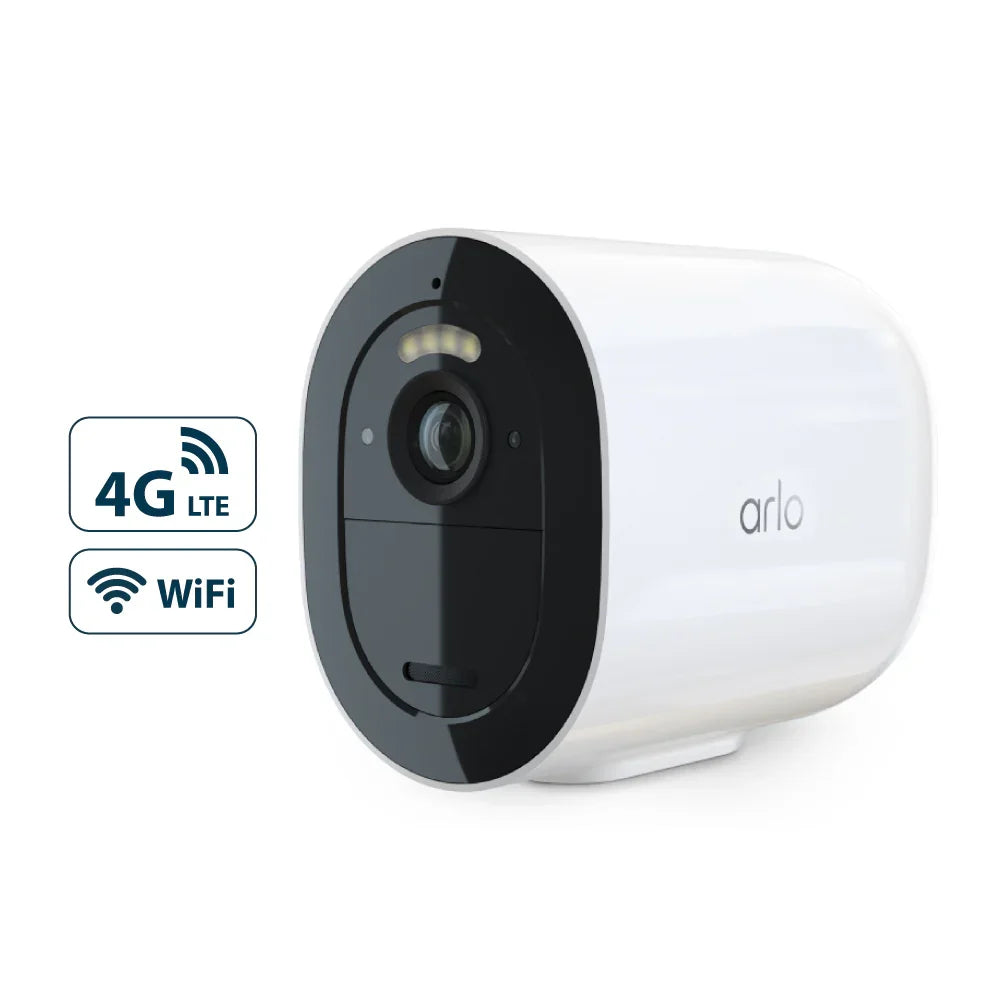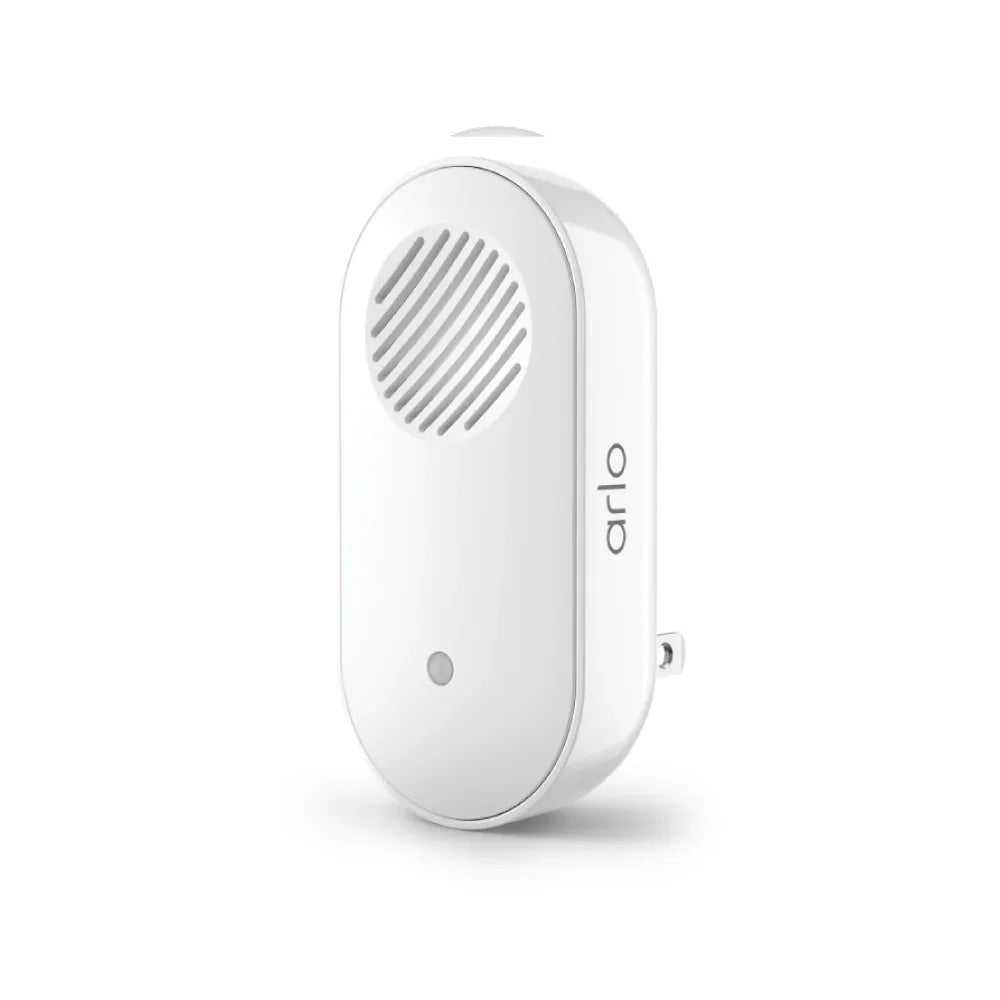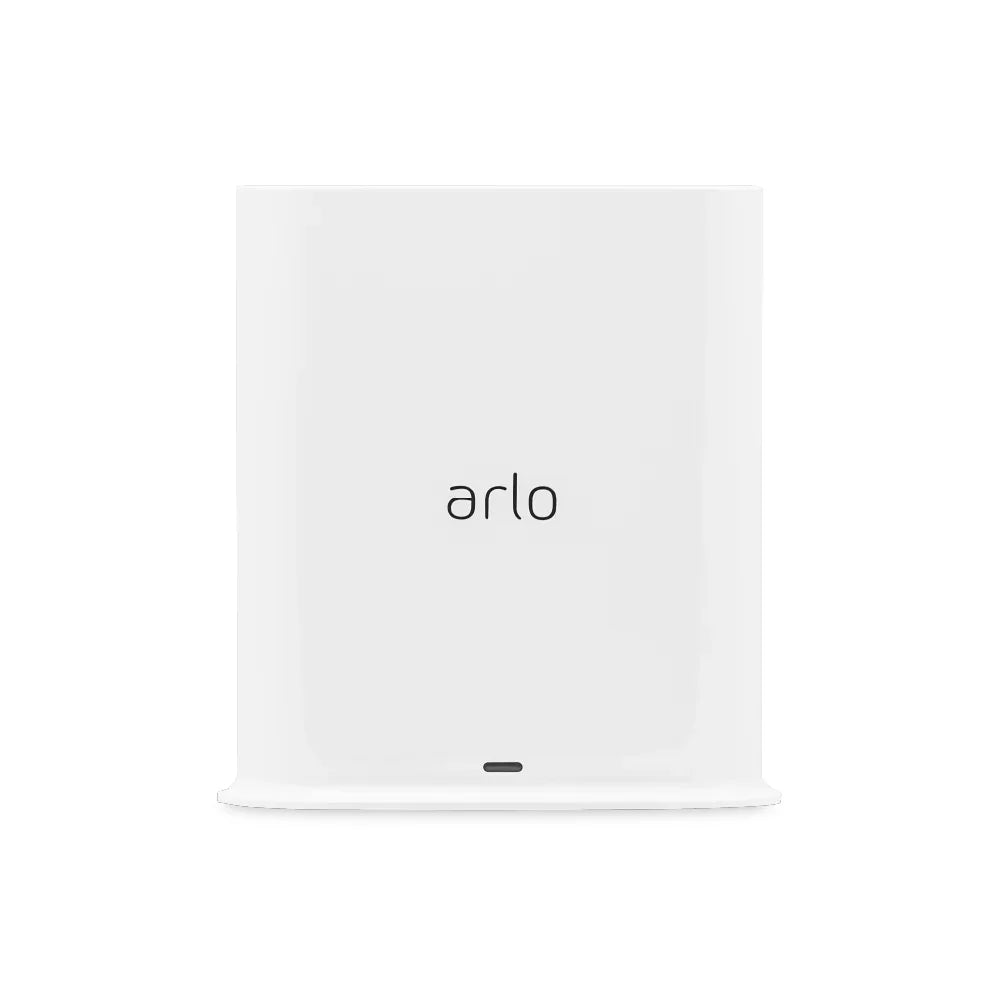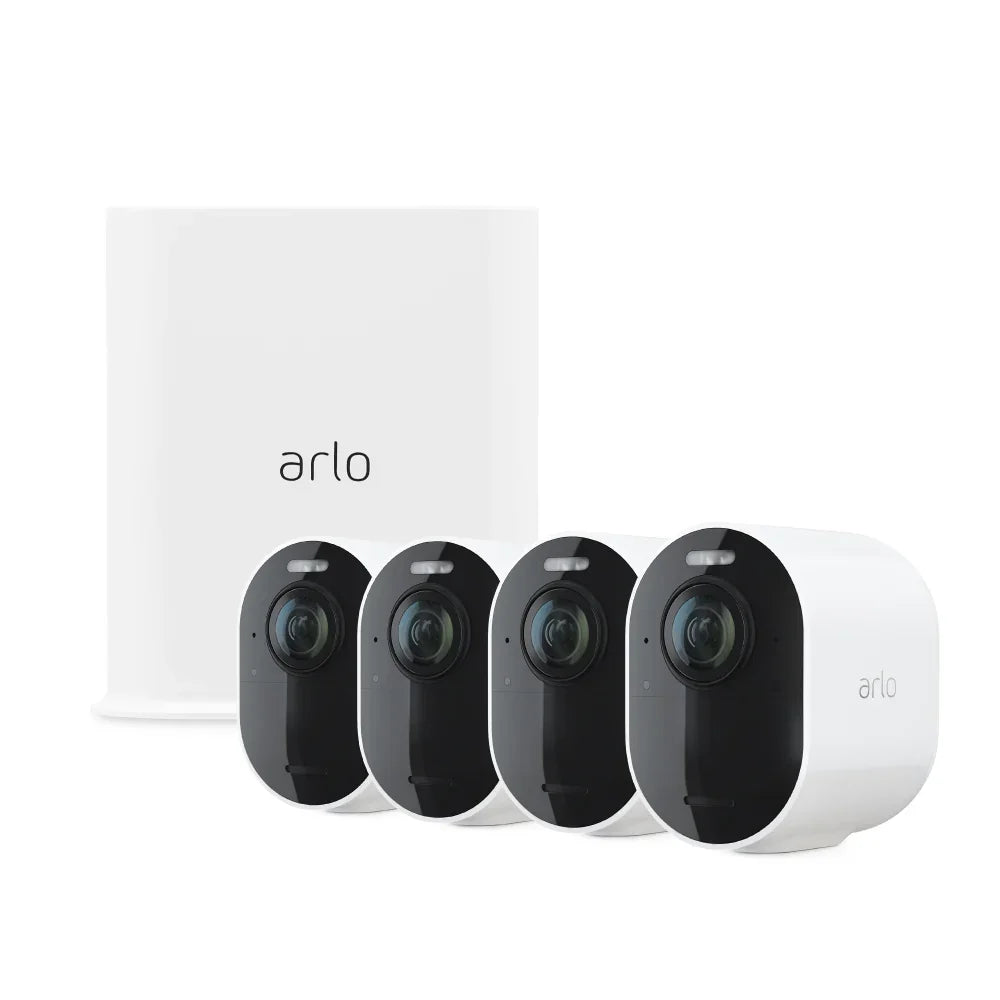Security System For Your Business: How To Build A DIY Security System Today. Your new security starter kit is ready for kick-off.
In general, the average business doesn’t become profitable for a minimum of two to three years. If you’ve dedicated years to building your business, chances are it’s worth protecting.
Setting up jobsite security cameras can deter or identify robbers, burglars, and vandals, each of which can cause serious damage to your operation. It’s a smart idea to take the necessary steps to safeguard your building, customers, employees, and yourself.
How much does a security system cost for a business? Home security systems can cost anywhere between $700 and $2,000 if you’re looking for professional installation. The average cost to install a home security system is about $475, but costs vary widely with businesses.
The next step on your to-do list? Build a customized security system on a budget — and safeguard your booming business for years to come.
Wait, what is a DIY security system?
Unlike a professionally installed security solution, A DIY security system, also known as a “Do-It-Yourself” security system, is self-installed.
Most security companies offer two monitoring options. You can either monitor the control panels yourself, or you can pay a monthly fee for monitoring services that keep an eye on your business for you.
Subscription plans like Arlo Secure keep your family and home protected with just one tap. With interactive notifications and Emergency Response, you can get immediate help from first responders. And with Professional Monitoring, you’ll get 24/7 Live Security Experts monitoring your home so you don’t have to.
What essential security features should you look for?
From motion sensors to smoke detectors and mobile apps, there are plenty of features you should keep in mind. As you browse your options, here are a few key questions to ask yourself before you “add to cart.”
Do you need high video quality?
A 4K camera like the Ultra 2 Wireless Security Camera with HDR will provide high-resolution video and images for a sharper view of people or vehicles. You may be able to zoom in on a license plate number or see distinguishing features on someone’s face. Be sure to compare security camera resolution and pick the highest resolution camera possible.
How much storage do you prefer?
Do you capture hours of footage on any given day? Chances are you’ll need advanced cloud storage capabilities so you can store and retrieve valuable footage in seconds. Many companies offer subscription services like Arlo Secure, which offers unlimited video storage on the cloud for up to 30 days.
Do you need remote access?
Whether you’re preventing porch pirates from stealing office supplies or investing in jobsite security cameras, you’ll need remote access to your security system. Invest in a security system with an integrated App such as Arlo Secure, that allows you to view footage and control the system from your phone. Plus, options like the Essential Wireless Video Doorbell offer two-way talk capabilities so you can speak to visitors or accept packages when you’re away from your desk.
Do you need motion-activated recording?
Few business owners are on the premises 24/7. If you need round-the-clock monitoring, invest in a system with motion detection capabilities. Options like Arlo’s Home Security System feature an All-in-One Sensor with 8 detection functions, including motion. Advanced motion detection delivers alerts when motion is detected inside your home across multiple activity zones. Plus, open and closed detection lets you take action when a door or window is opened.
Your Starter Kit: How to build the best small business security system.
Depending on the size of your business, you should build a DIY system based on your budget and your immediate needs. While the best outdoor jobsite security cameras must be weather-resistant, an indoor cafe requires a wired or wireless video doorbell instead.
When it comes to home automation, consider the areas you want covered based on your business operations. Common places under surveillance include points of sale, points of entry, loading docks, and places where cash or valuables are held. Not sure where to start? Here’s how to build the best small business security system from the ground up.
1. See more at your office door with a video doorbell camera.
Even job sites with no front door can benefit from a wire-free, battery operated video doorbell that gives full coverage. Install the Essential Wireless Video Doorbell to stay connected to your office from anywhere with live video and audio. Plus, a wider 180° viewing angle guarantees you’ll rest easy with always-on security.
2. Wireless security cameras are ideal for easy installation.
Wireless security camera systems for businesses are convenient because they run off of long-lasting batteries or solar power. They need a fast, reliable, and unimpeded internet connection and/or LTE capabilities to store video or audio in the cloud or on a base station.
Although they can be more expensive upfront, wireless cameras like the Pro 5 2K work well for DIY security systems since they’re easy to install and run on dual-band Wi-Fi.
3. Leverage indoor cameras to cover the cash register.
An indoor camera may deter theft or help identify the perpetrators of a crime. Useful for behind the cash register or other points of sale, indoor cameras like the Essential Indoor Wired Security Camera are critical for protecting the premises. Remember: Camera placement is key. Install all indoor cameras where a customer would stand so you have the best chance of identifying key features in the event that a problem arises.
4. Track deliveries or monitor heavy machinery with outdoor cameras.
Your outdoor cameras should be placed so you can see who’s coming towards your business or parking in your lot. Outdoor cameras like the Essential Spotlight Wireless Security Camera are also good for ensuring that deliveries are safe and secure, and monitoring after-hours activity on your premises.
Positioning cameras to monitor back entrances, loading docks, or dumpster locations may help deter thieves. High-end cameras often have night vision, and some are equipped with a floodlight for an added sense of security.

5. Pick wired security cameras if you have the infrastructure in place.
Wired cameras require basic electrical work to connect to power. Your small business may already have the wiring infrastructure to support this type of security system, but if not, you’ll need to have proper wiring installed. While it will increase costs, small businesses tend to hire professionals to set up wired security cameras to ensure safety and proper installation.
6. Balance both indoor and outdoor security cameras.
Depending on your location, you may want to use a combination of indoor and outdoor cameras for better coverage. While they perform the same functions, indoor cameras are meant to record events within interior areas while good outdoor cameras have night vision or a light and are designed to withstand inclement weather. Whether placing your cameras indoors, outdoors, or both, a wide-angle camera can help you cover more space with fewer devices.
7. LTE-enabled cameras are built for jobsites.
An LTE-enabled camera like the Go 2 LTE/Wi-Fi Security Camera is the perfect solution for anyone who needs 24/7 security in a power outage or without Wi-Fi access. Whether monitoring your vacation construction site or campsites, the Arlo Go 2 always has you covered, regardless of network or power outages, thanks to 4G LTE connectivity and its long-lasting battery.
Put Arlo to work for your business.
Although you have a right to secure and monitor your small business, keep in mind that customers, passersby, and other nearby businesses have a reasonable right to privacy. You shouldn’t angle your camera in a way that peers into another business establishment, nor should you place your security cameras in locations that might infringe on someone’s personal privacy, like a bathroom or a changing room. Build your security bundles — and build an even better future with Arlo.
Setting up jobsite security cameras can deter or identify robbers, burglars, and vandals, each of which can cause serious damage to your operation. It’s a smart idea to take the necessary steps to safeguard your building, customers, employees, and yourself.
How much does a security system cost for a business? Home security systems can cost anywhere between $700 and $2,000 if you’re looking for professional installation. The average cost to install a home security system is about $475, but costs vary widely with businesses.
The next step on your to-do list? Build a customized security system on a budget — and safeguard your booming business for years to come.
Wait, what is a DIY security system?
Unlike a professionally installed security solution, A DIY security system, also known as a “Do-It-Yourself” security system, is self-installed.
Most security companies offer two monitoring options. You can either monitor the control panels yourself, or you can pay a monthly fee for monitoring services that keep an eye on your business for you.
Subscription plans like Arlo Secure keep your family and home protected with just one tap. With interactive notifications and Emergency Response, you can get immediate help from first responders. And with Professional Monitoring, you’ll get 24/7 Live Security Experts monitoring your home so you don’t have to.
What essential security features should you look for?
From motion sensors to smoke detectors and mobile apps, there are plenty of features you should keep in mind. As you browse your options, here are a few key questions to ask yourself before you “add to cart.”
Do you need high video quality?
A 4K camera like the Ultra 2 Wireless Security Camera with HDR will provide high-resolution video and images for a sharper view of people or vehicles. You may be able to zoom in on a license plate number or see distinguishing features on someone’s face. Be sure to compare security camera resolution and pick the highest resolution camera possible.
How much storage do you prefer?
Do you capture hours of footage on any given day? Chances are you’ll need advanced cloud storage capabilities so you can store and retrieve valuable footage in seconds. Many companies offer subscription services like Arlo Secure, which offers unlimited video storage on the cloud for up to 30 days.
Do you need remote access?
Whether you’re preventing porch pirates from stealing office supplies or investing in jobsite security cameras, you’ll need remote access to your security system. Invest in a security system with an integrated App such as Arlo Secure, that allows you to view footage and control the system from your phone. Plus, options like the Essential Wireless Video Doorbell offer two-way talk capabilities so you can speak to visitors or accept packages when you’re away from your desk.
Do you need motion-activated recording?
Few business owners are on the premises 24/7. If you need round-the-clock monitoring, invest in a system with motion detection capabilities. Options like Arlo’s Home Security System feature an All-in-One Sensor with 8 detection functions, including motion. Advanced motion detection delivers alerts when motion is detected inside your home across multiple activity zones. Plus, open and closed detection lets you take action when a door or window is opened.
Your Starter Kit: How to build the best small business security system.
Depending on the size of your business, you should build a DIY system based on your budget and your immediate needs. While the best outdoor jobsite security cameras must be weather-resistant, an indoor cafe requires a wired or wireless video doorbell instead.
When it comes to home automation, consider the areas you want covered based on your business operations. Common places under surveillance include points of sale, points of entry, loading docks, and places where cash or valuables are held. Not sure where to start? Here’s how to build the best small business security system from the ground up.
1. See more at your office door with a video doorbell camera.
Even job sites with no front door can benefit from a wire-free, battery operated video doorbell that gives full coverage. Install the Essential Wireless Video Doorbell to stay connected to your office from anywhere with live video and audio. Plus, a wider 180° viewing angle guarantees you’ll rest easy with always-on security.
2. Wireless security cameras are ideal for easy installation.
Wireless security camera systems for businesses are convenient because they run off of long-lasting batteries or solar power. They need a fast, reliable, and unimpeded internet connection and/or LTE capabilities to store video or audio in the cloud or on a base station.
Although they can be more expensive upfront, wireless cameras like the Pro 5 2K work well for DIY security systems since they’re easy to install and run on dual-band Wi-Fi.
3. Leverage indoor cameras to cover the cash register.
An indoor camera may deter theft or help identify the perpetrators of a crime. Useful for behind the cash register or other points of sale, indoor cameras like the Essential Indoor Wired Security Camera are critical for protecting the premises. Remember: Camera placement is key. Install all indoor cameras where a customer would stand so you have the best chance of identifying key features in the event that a problem arises.
4. Track deliveries or monitor heavy machinery with outdoor cameras.
Your outdoor cameras should be placed so you can see who’s coming towards your business or parking in your lot. Outdoor cameras like the Essential Spotlight Wireless Security Camera are also good for ensuring that deliveries are safe and secure, and monitoring after-hours activity on your premises.
Positioning cameras to monitor back entrances, loading docks, or dumpster locations may help deter thieves. High-end cameras often have night vision, and some are equipped with a floodlight for an added sense of security.

5. Pick wired security cameras if you have the infrastructure in place.
Wired cameras require basic electrical work to connect to power. Your small business may already have the wiring infrastructure to support this type of security system, but if not, you’ll need to have proper wiring installed. While it will increase costs, small businesses tend to hire professionals to set up wired security cameras to ensure safety and proper installation.
6. Balance both indoor and outdoor security cameras.
Depending on your location, you may want to use a combination of indoor and outdoor cameras for better coverage. While they perform the same functions, indoor cameras are meant to record events within interior areas while good outdoor cameras have night vision or a light and are designed to withstand inclement weather. Whether placing your cameras indoors, outdoors, or both, a wide-angle camera can help you cover more space with fewer devices.
7. LTE-enabled cameras are built for jobsites.
An LTE-enabled camera like the Go 2 LTE/Wi-Fi Security Camera is the perfect solution for anyone who needs 24/7 security in a power outage or without Wi-Fi access. Whether monitoring your vacation construction site or campsites, the Arlo Go 2 always has you covered, regardless of network or power outages, thanks to 4G LTE connectivity and its long-lasting battery.
Put Arlo to work for your business.
Although you have a right to secure and monitor your small business, keep in mind that customers, passersby, and other nearby businesses have a reasonable right to privacy. You shouldn’t angle your camera in a way that peers into another business establishment, nor should you place your security cameras in locations that might infringe on someone’s personal privacy, like a bathroom or a changing room. Build your security bundles — and build an even better future with Arlo.





